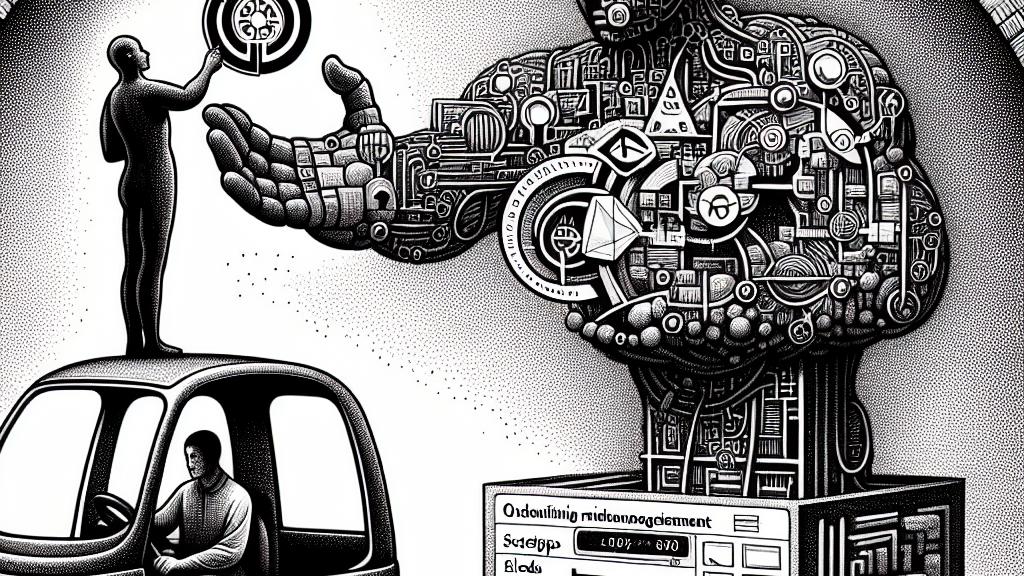Exploring Algorithmic Management and Its Impact on Worker Autonomy
Overview
- Discover how algorithmic management is redefining the gig economy landscape.
- Examine its complex effects on worker autonomy, efficiency, and job satisfaction.
- Highlight the critical need for balanced policies that provide protections without stifling innovation.

Understanding the Rise of Algorithmic Management
Algorithmic management is revolutionizing the way work is conducted, especially within the dynamic gig economy. Picture this: platforms like Uber and Instacart rely heavily on algorithms to make essential decisions—decisions that were once in the hands of human managers. For instance, a ride-hail driver may engage with an algorithm over a hundred times throughout a single shift, influencing ride acceptance, pricing strategy, and performance metrics. While this technology can greatly enhance operational efficiency, it simultaneously raises crucial questions about worker autonomy. Are these workers really in control of their jobs, or are they merely following the dictates of an algorithmic overlord? It’s essential to unpack these layers and understand the implications for workers navigating this new terrain.
Autonomy and Adaptation in the Algorithmic Age
Surprisingly, many gig workers actively reclaim their autonomy within this algorithmic structure. Take, for example, ride-hail drivers who skillfully maneuver through the constraints of app-based work. They may strategically accept certain rides based on surge pricing or choose to position themselves in busier areas for maximum demand. Such tactics showcase not just adaptability, but an underlying desire for agency. Furthermore, research has identified this dynamic as part of the notion of the 'good bad job'—roles that, despite their challenges, provide an attractive level of flexibility. While these workers navigate their constraints with creativity, they also cultivate a sense of connection to their roles, demonstrating the intricate balance between algorithmic oversight and personal autonomy. Each choice made, no matter how small, creates an empowering narrative that highlights their resourcefulness.
Navigating the Future: A Call for Balanced Policies
Looking towards the future, the looming growth of the gig economy—projected to soar to an astonishing $1.8 trillion by 2032—brings both exciting opportunities and significant challenges. Policymakers must grapple with ensuring that while innovation thrives, worker rights and protections remain intact. This is a critical point: how do we uphold the independence that many gig workers cherish without sacrificing their welfare and benefits? Research indicates many gig workers feel a lack of adequate income and essential benefits, like healthcare or retirement plans. Therefore, it is imperative to craft policies that not only protect gig workers but also support them in maintaining their desired flexibility. Achieving this equilibrium is not just a necessity, but a responsibility as we navigate the changing landscape of work in our increasingly digital world.

Loading...